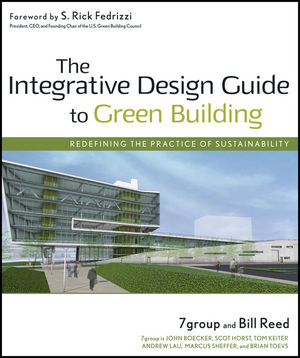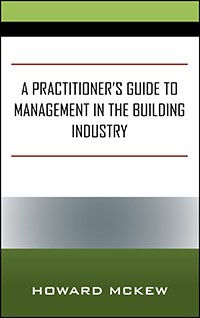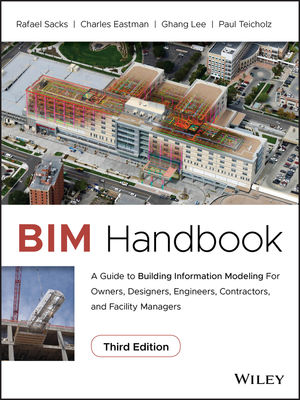Please explain to me how the first excuse, “Our fee was too low,” works. This situation is analogous to engineer purchasing an A/C system for his house and soon discovering the contractor didn’t provide a refrigeration compressor with the system. He discovers the problem when he turns the room thermostat setting down expecting to feel cool, supply air. But, there is no cool supply air, only warm recirculated room air. The contractor tells the engineer that he underestimated the construction cost so he left out the compressor. His justification is that “our fee was too low,” so we couldn’t provide everything you needed.
The Carrot And The Stick
The next excuse, “The architect beat me up on the fee,” is quite popular with consulting engineers who serve primarily architectural firms. It reminds me of this person I know who is a habitual gambler and, needless to say, routinely loses. For this individual, his dream is that one day he will hit it big. Engineers have similar dreams in that one day they will hit it big, and architectural firms will pursue them rather than the engineer pursuing the architectural firm. Someone, please tell me how that works out. If you can’t do a good job for the fee, doesn’t it make good business sense to not do the work?A former boss told me years ago of how clients we pursued would hold out that carrot at the end of the stick as an incentive for the next job. How often do you do additional work beyond the scope/fee based on that potential upcoming work (i.e., carrot at the end of the stick)? This is a popular statement engineers will use with little thought, resulting with additional work being done at no additional cost. My boss had a different approach, and this is one you will usually find on the construction side of the business. Contractors will say, often with little thought, “This is an add-on to the project.” Contractors as a rule don’t do anything for nothing and rightfully so. My boss was a contractor, and his assessment of this incentive concept is that there is never a carrot at the end of a stick, only an empty promise.
Running On Empty
Here is another interesting excuse: “We ran out of fee.” Yes, believe it or not, there are engineers who will drastically cut back on their services and/or deliverables because they mismanaged the fee. My analogy to this statement is that of a person driving an automobile at 80 mph when they see the gas gauge has dropped to empty. Reacting to this dilemma, he immediately reduces the speed to 10 mph, hoping to improve gas mileage enough to get him to that next gas station. Unfortunately, fuel management is too little too late, and he runs out of gas a couple of miles from the station. The same can be said about the engineering fee management: too little too late. Prior to agreeing to an engineering fee, it is important to think through the scope of work and assess what the deliverables will be that will result in a quality product at a reasonable profit.Winning One For The Team
One last excuse I recently heard that I found to be interesting: “We can’t afford to do a great job.” First off, imagine the project leader telling the design team at their project kickoff meeting that they can’t do a great job because of the agreed-upon fee. Talk about an inspiring speech! I wonder what would have happened if Vince Lombardi told his team, “We can’t do a great job because attendance is down and game day receipts aren’t enough to make us profitable,” in their quest to be the league champs at the end of the year?I use these analogies to compare how some in the engineering community seem to think their excuses actually make sense, and yet, if they compared their statements to comparable situations, these same engineers would be surprised (if not shocked) at the lack of sanity in the situations.
I’d be interested in hearing excuses made by engineers you have worked with in the past. I don’t think it is just me who has this opinion that we are making excuses for our mediocre work.
Want to change your engineering process ways so that you can deliver a quality product be more profitable? Read Sarah Maston and Mike Papagni’s two-part article titled, “Design And Construction Administration For The 21st Century” (page 57), as they describe a culture change in how the design and construction administration process needs to change so that we produce a quality product on time and within budget.



